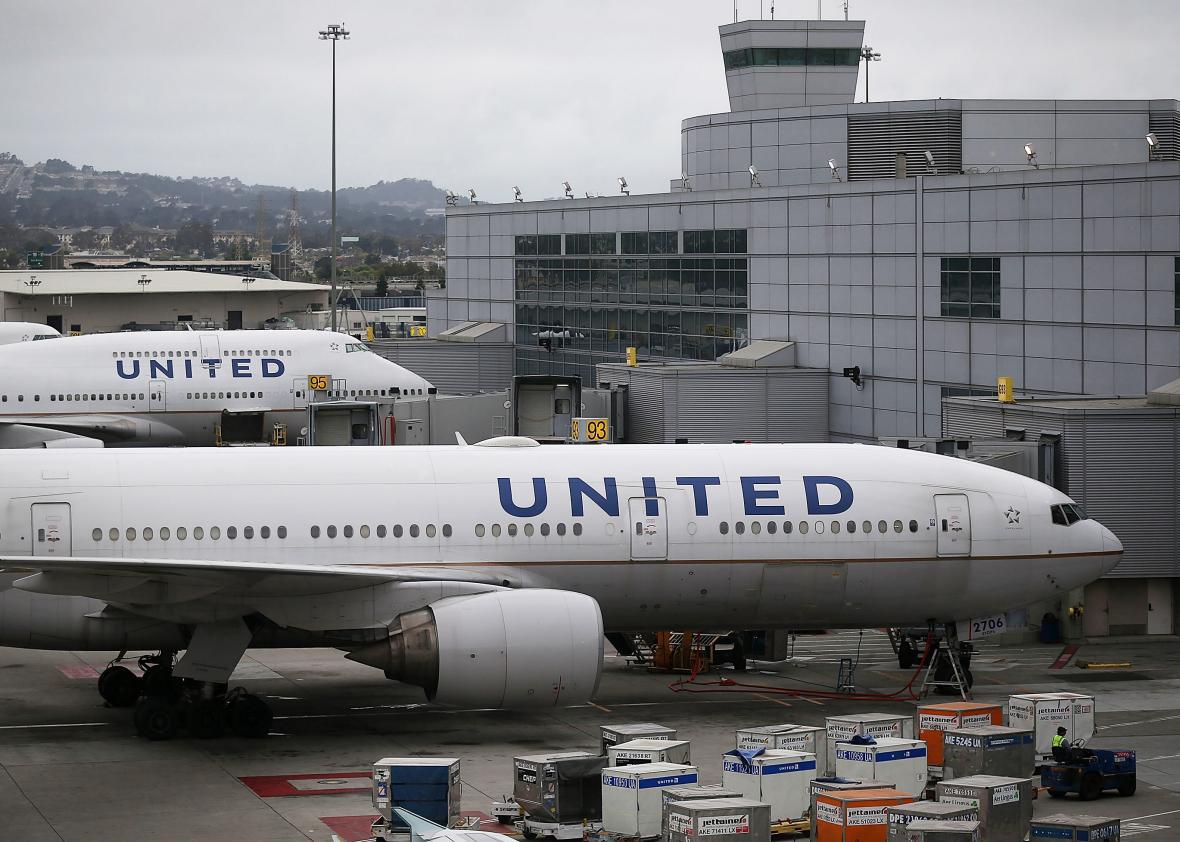Few industries in the United States are as notorious for poor customer service as domestic airlines. And few seem so immune to customer pressure to get better at their jobs.
There are a lot of reasons for that, including regulations that insulate the domestic carriers from foreign competition. But one seems to be that technology has encouraged customers to base their airline decisions largely on price, via sites such as Kayak and Expedia that by default sort flights from cheapest to most expensive. This is in stark contrast to, say, the restaurant industry, where Yelp and others have placed customer reviews and ratings at the forefront of their recommendation services. Somewhere in the middle are hotel sites, which tend to incorporate both prices and star ratings.
Now, at last, a major travel site has begun incorporating customer reviews into its airline recommendations. TripAdvisor, which has proven influential in the hotel and restaurant industries, this week began allowing users to post star ratings and reviews of airines, both foreign and domestic. Those reviews will go into both an overall star rating for each airline and a new metric called “FlyScore” that rates individual flight routes on a 1-10 scale. The FlyScore combines the user airline reviews with several other factors, including the duration of the flight plan and the amenities available onboard, to generate a rating for any given itinerary. Users can now view that rating along with the price of each flight when deciding which one to book.
This is both long overdue and welcome. TripAdvisor hotel reviews have always had their flaws and biases, but in aggregate, they do seem to correlate at least somewhat with the quality and service you can expect of a given establishment. And while a bad TripAdvisor score isn’t going to turn American Airlines into Emirates overnight, it should at least give customers some useful new data to draw on when booking a flight. Ideally, it will also give airlines a little more incentive to actually make sure their passengers have a decent experience.
So, which airlines are getting the best and worst reviews so far? Since the reviews have only been widely available for a few days, data is scant for some of the smaller international carriers. The next person to rate Air Iceland or Mandarin Airlines will be the first. But already reviews have poured in for the largest carriers, including the major domestics. And if you have experience with the airlines in question, you probably won’t be terribly surprised by how they’re doing so far. Here’s a sampling of the aggregate rating for a handful of notable airlines, as of July 15. Each of those listed here has more than 500 reviews.
- Singapore Airlines: 4.5 stars
- Emirates: 4.5 stars
- Southwest Airlines: 4.5 stars
- JetBlue Airways: 4.5 stars
- Delta Airlines: 4 stars
- Lufthansa: 4 stars
- Air France: 3.5 stars
- British Airways: 3.5 stars
- China Southern Airlines: 3.5 stars
- Ryanair: 3.5 stars
- American Airlines: 3 stars
- United Airlines: 3 stars
If there are any huge surprises in these early returns, I’m not seeing them. If anything, the ratings for American and United might be a little higher than I expected, given the level of vitriol they incur on social media. That said, 3 stars on TripAdvisor is nothing to gloat about. The median score so far is 3.7, the company told the Washington Post—just a little lower than the median for hotel reviews. And the featured “recent reviews” when I visited the site Friday were not exactly flattering.

Screenshot / TripAdvisor
I’ve written in the past about some of the subtle biases that shape restaurant ratings on Yelp. Some may turn out to apply to TripAdvisor airline reviews as well, while others won’t. Regardless, customer reviews seem unlikely to have as profound an impact on airlines as they have on restaurants, given the relatively limited competition they face, especially on domestic routes. It’s not as if United is unaware that it isn’t exactly beloved—it already ranks last in at least one existing customer satisfaction survey. It’s just that, well, running a big airline is hard, and delivering consistently great customer service would require a pretty dramatic turnaround in the corporate culture. No doubt there are a lot of other priorities on its list—like cutting down on those FAA safety violations—besides bumping its 3 stars on TripAdvisor up to 3.5.
Still, it can’t hurt to add a highly visible new customer satisfaction metric to the equation for the airlines to try to improve. If nothing else, passengers subjected to a terrible experience now have a convenient place to vent about it.
